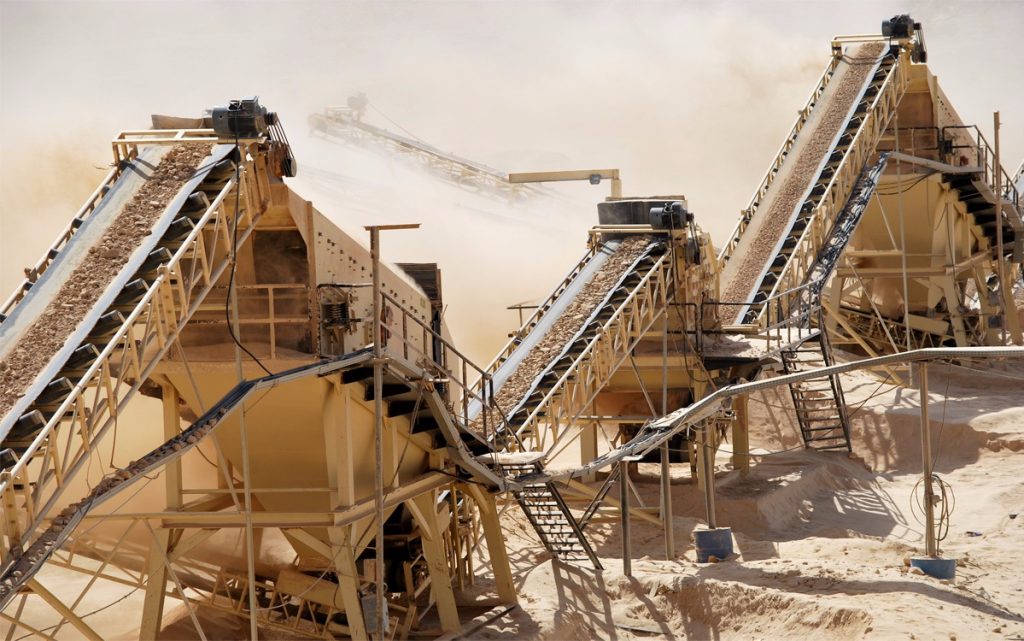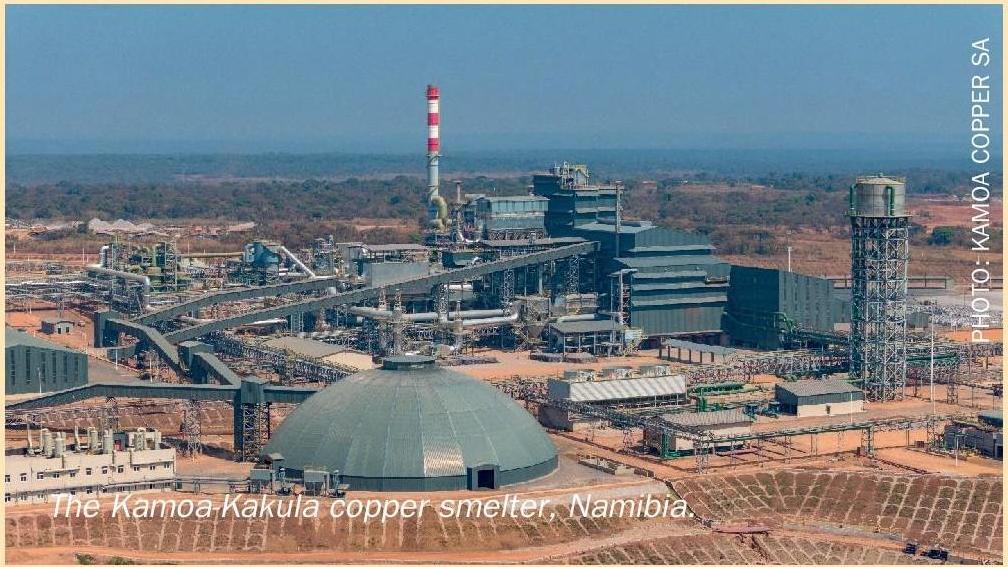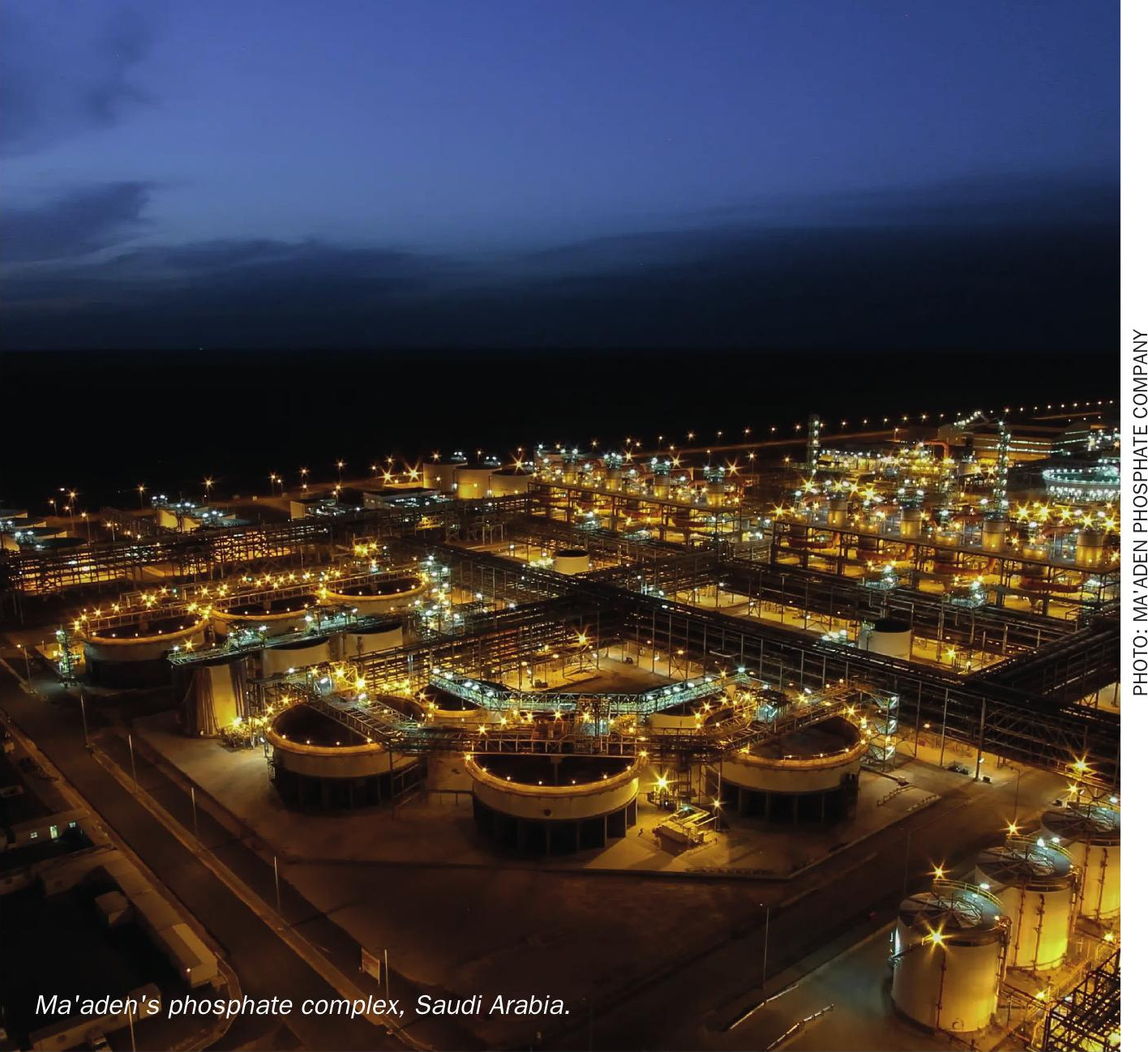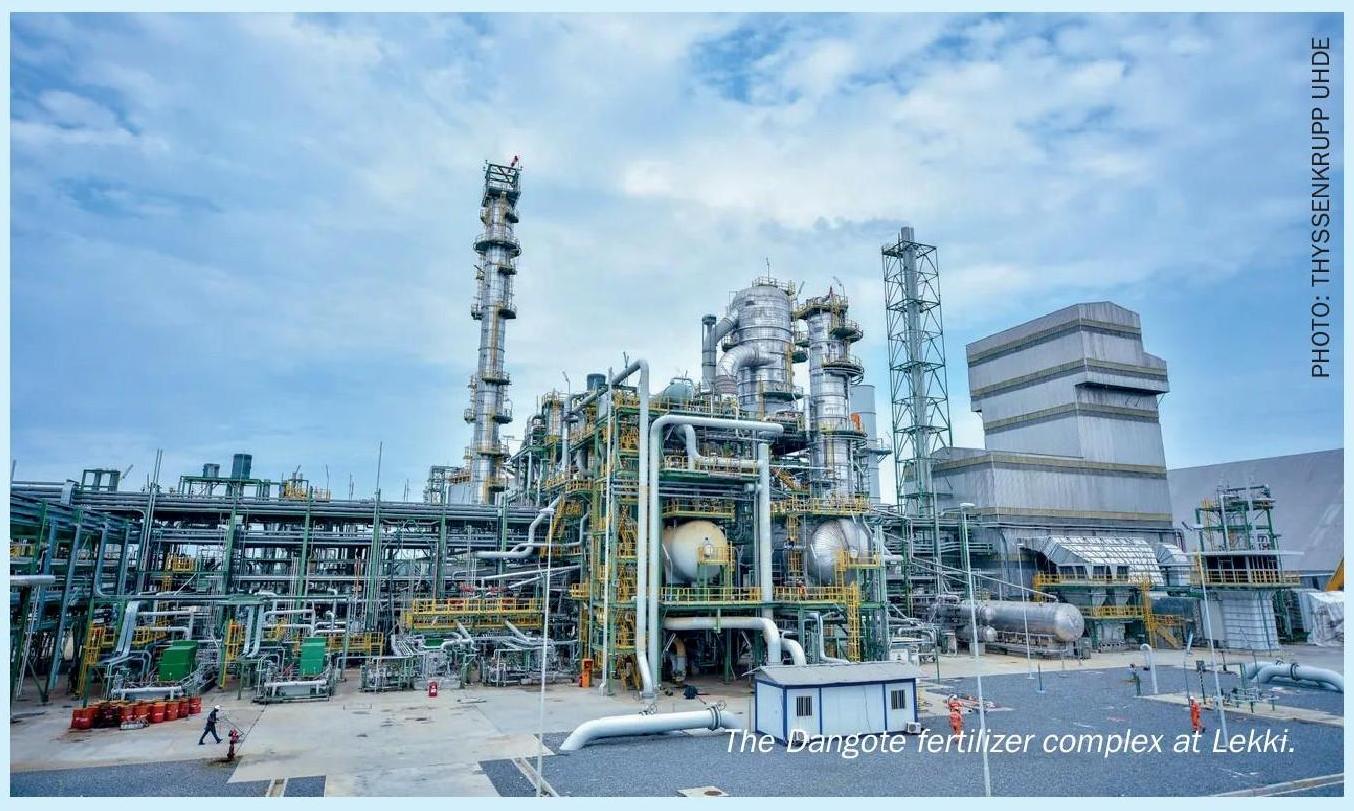Fertilizer International 525 Mar-Apr 2025

18 March 2025
Misr Phosphate starts 'low-dust' rock exports
Misr Phosphate has started to export phosphate rock with a low dust content via the port of Damietta on Egypt’s Mediterranean coast.
A newly constructed ‘de-dusting’ unit at the company’s Abu Tartour phosphate mine in the New Valley Governate, southwestern Egypt, is currently operating at a capacity of 1,000 t/d. This unit removes around 80% of the fines (less than 80 micrometres in size) from crushed phosphate rock. Beneficially, this de-dusting process also raises phosphate rock grade – by about 1.0-1.5% P2O5 – while also reducing heavy metal content, according to the company.
To date, Misr Phosphate has exported 15,000 tonnes of low-dust phosphate rock (27-29% P2O5) to southern Europe. The company also loaded a slightly lower grade 7,000 tonne shipment (26-27 P2O5) destined for Brazil at the end of February. Future consignments include a planned 15,000 tonne March shipment to Brazil and a 20,000 tonne April shipment to Spain.
Egypt’s phosphate rock exports reached 5.2 million tonnes last year, according to EMPHCO, the Egyptian phosphate and fertilizer marketing company, and are expected to rise to six million tonnes in 2025. EMPHCO is currently forecasting 1.2 million tonnes of phosphate rock exports from Egypt in the year’s first quarter.
Misr Phosphate produces around five million t/a of phosphate rock from its Abu Tartour mine, located about 50 kilometres west of El Kharga City, the capital of the New Valley Governate. The new fines removal unit at the site is expected to ramp up to 2,000 t/d capacity in the second quarter.





